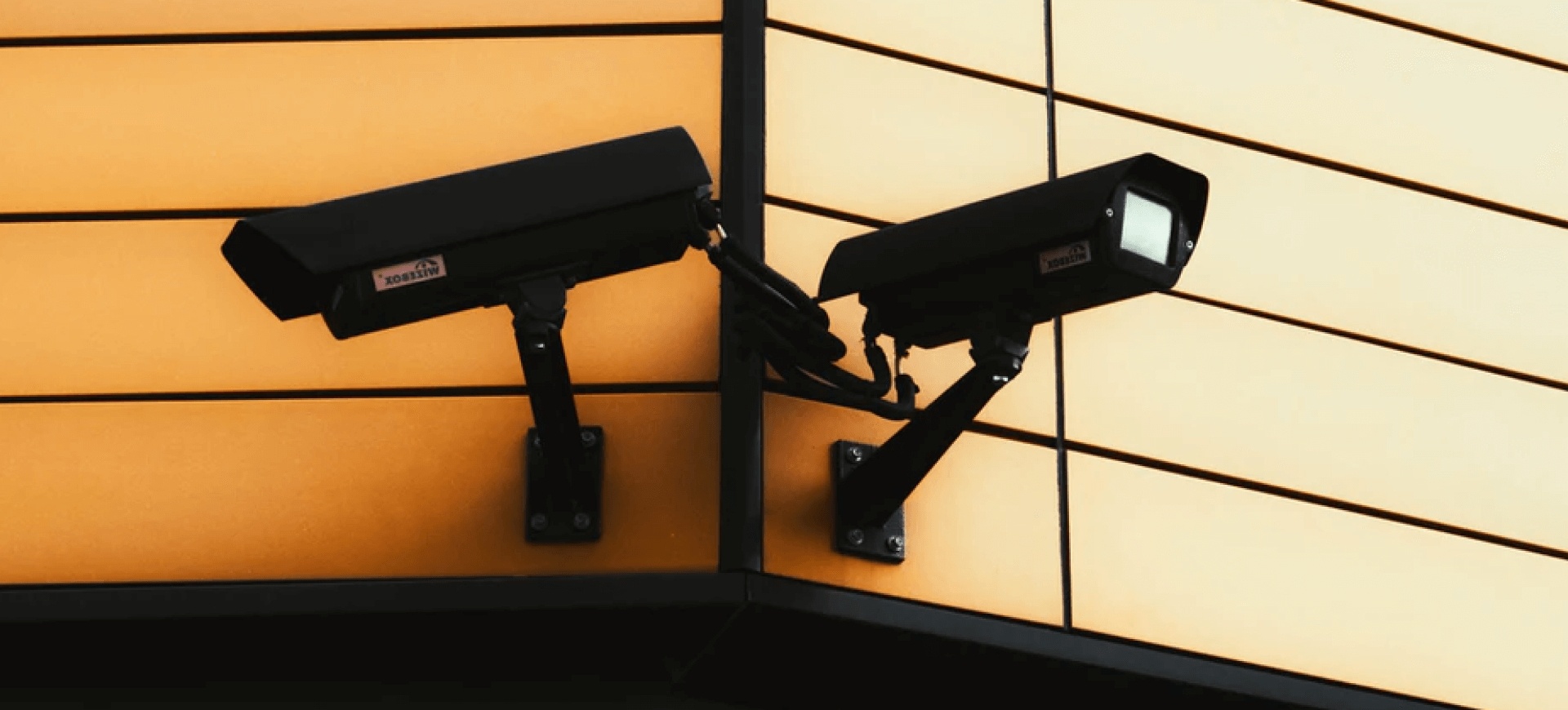
The Russian ruble’s wobble in value has exposed a crack in President Vladimir Putin’s fortress economy, a vulnerability quickly plastered over by the Kremlin’s economic team in a move that allowed the currency to regain its footing, at least for now. Yet the patch — an emergency interest rate increase — cannot hide the dilemma at the heart of the Russian economy: how to fund the military while not undermining the national currency and overheating the economy with corrosive and politically embarrassing inflation. Life in Moscow presents a facade of normality despite sweeping sanctions tied to the war in Ukraine and the departure of hundreds of name-brand Western companies. Outdoor seating at restaurants and bars on the popular Bolshaya Nikitskaya street were packed on a recent evening with well-dressed residents enjoying balmy August weather. Loud music from DJs boomed from a nearby courtyard eatery. Malls haven’t changed at first glance, but where Zara and H&M once stood, shoppers find new clothing brands Maag and Vilet. And doughnut seller Krunchy Dream could easily be mistaken for the Krispy Kreme that once stood in its place in Evropeisky mall, even the branding is similar. In the absence of Apple Pay, banks provide stickers with a chip that enables mobile payment. Key economic gauges are also in normal ranges. Unemployment is low, economic growth is better than many had expected and inflation is moderate by Russian standards — at 4% in July — though hard on those with limited incomes. People in Moscow — where criticism of the military can bring jail time and some only provided their first names — expressed a mix of unease and resignation. Retiree Vladimir Cheremesyev, 68, recalled that the troubles after the collapse of the Soviet Union in 1991 were delayed by several years. “I think that although I am a pensioner, and there is not much income, I don’t feel much yet,” Cheremesyev said, “but there is anxiety — sometimes my blood pressure rises.” Others noted how prices constantly changed. Yuliana, a 38-year-old entrepreneur, was more concerned: “Our condition has deteriorated sharply, it’s no good. … It won’t end today or tomorrow, and not the day after tomorrow. I think more than one generation will pay for this story.” For businesses in need of supplies, they’re turning to alternatives. Andrei Lavrov, owner of the Smile Atelier dental clinic, said he’s had to get sutures and silicone from Asia because he uses “quite a lot” of imported materials. “But, by the way, no disaster happened,” he said. “If something is no longer supplied, then it is easily replaced through parallel channels.” Some Russian-made sutures are “very high-quality material,” he said, as local industry picks up the slack: “A certain substitution is taking place.” Still, imports to Russia are rebounding as goods come through nearby countries such as Kazakhstan and Armenia, avoiding sanctions. Government spending on the military and social programs is spreading cash to people and companies, who are using some of it on imported products. Labor shortages, stemming from people leaving the country, also are supporting salaries, while government-subsidized mortgages help maintain real estate activity. Some blows to the economy are obvious, particularly the auto industry after Western manufacturers abandoned their Russian businesses. But Chinese vehicle imports are gaining ground. Foreign travel is painfully expensive and […]
The post Russia Earns Less From Oil And Spends More On War. So Far, Sanctions Are Working Like A Slow Poison appeared first on The Yeshiva World.
View Source: Read More










